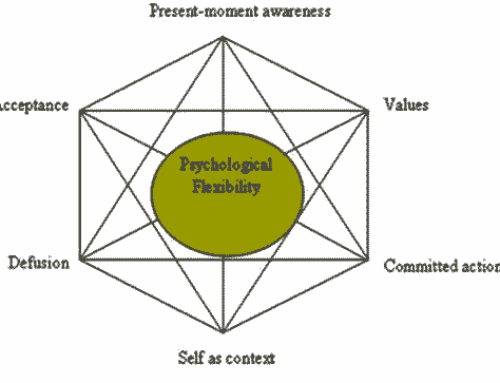Postpone any Decision to End Your Life
Keep a list of things you can do to distract yourself and use it when the feeling starts to surface. Give yourself time to get the support you need.
Talk to Someone
Reach out to others who might help you to see alternative ways of solving or thinking about a problem, and help you to have a more positive outlook. If you’re having trouble talking to people you know, phone a crisis line (e.g. Kids Help Line, Lifeline or the Suicide Callback Service).
Avoid Being Alone
Have someone stay with you, especially at night, until your thoughts of suicide decrease.
Write a Safety Plan
Come up with a plan you can put into action anytime – such as organising that you will ring a friend or family member when you feel overwhelmed or upset.
Write Down Your Feelings
Writing down your feelings, or keeping a journal, can be a great way to understand your feelings, your situation, and think about alternative solutions to problems.
Set Small Goals
Try to set goals that are achievable for you, even if it’s on a day-by-day, or hour-by-hour, basis. And remember to reward yourself too.
Stay Healthy
Exercise and eating well can help you to feel better and manage difficult things in your life. Start by doing something small a couple of times a week (e.g. a 15 minute walk or two or three laps of a pool).
Avoid Drugs and Alcohol
Alcohol and other drugs are depressants that make you feel worse. They don’t help to solve your problems and they can make you do things you wouldn’t normally do.
See a Mental Health Professional
Psychologists, psychiatrists, counsellors and other health professionals are trained to deal with issues relating to suicide, metal illness and well-being. Ask your General Practitioner (GP) or contact a crisis line for information.












